See GIS Reports Online:
https://www.gisreportsonline.com/western-democracy-needs-christian-values,politics,2419.html
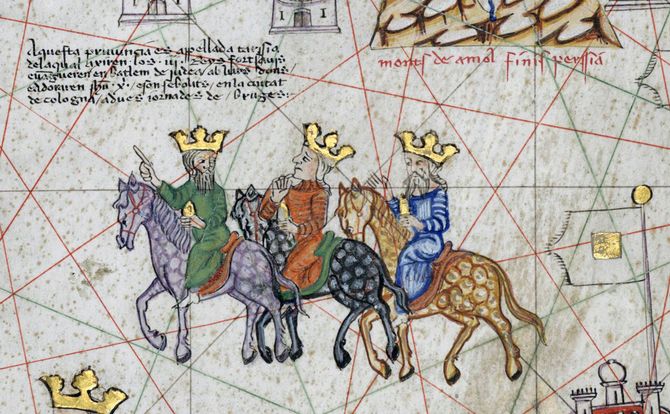
Democracy needs more than votes to sustain it. Without the solder of commonly held values welding together its constituent parts, democracies can easily disintegrate into competing interest groups and warring factions. When the well of public virtue runs dry, democratic countries are in deep trouble.
Yet, who can doubt that today, in a bout of self-loathing – and at a time when it is susceptible to new threats to its democratic institutions – Europe has taken to denying its Christian roots? As we try to airbrush out this essential part of our story, we are in grave danger of forgetting what makes us who we are.
We turn our back on our identity at our peril. And let us be clear about what alternatives are waiting in the wings.
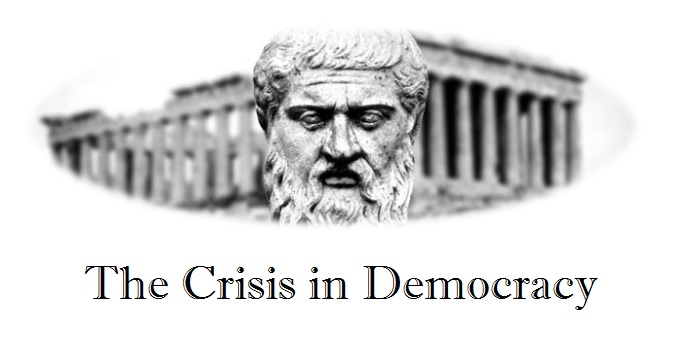
Democracy needs more than votes to sustain it.
Without the solder of commonly held values welding together its constituent parts, democracies can easily disintegrate into competing interest groups and warring factions.
Not that democracy is itself a perfect system of government.
Winston Churchill (1874-1965) said that, for him, the sight of the little man freely casting his vote made it worth fighting for – but the two-time British prime minister didn’t wax lyrical about democracy, recognizing that other values were needed to underpin it.
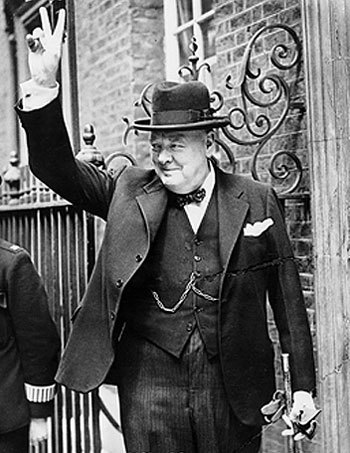
In 1947, in the wake of Adolf Hitler’s atrocities, and even as Joseph Stalin continued to murder his own people, Churchill told the House of Commons:
“Many forms of Government have been tried, and will be tried in this world of sin and woe. No one pretends that democracy is perfect or all-wise. Indeed, it has been said that democracy is the worst form of Government except for all those other forms that have been tried from time to time.…”
Judeo-Christian values
But this “least worst form of government,” in this “world of sin and woe” – impaired but always preferable to dictatorship or totalitarianism – cannot function without virtue and commonly held values. When the well of public virtue runs dry, democratic countries are in deep trouble.
Churchill was not known as a great churchgoer. When he was once described as “a pillar of the church,” he corrected the speaker by interjecting: “No, no, not a pillar, but a buttress, supporting it from the outside.” He understood that the “least worst form of government” was dependent on Judeo-Christian values.
He argued:
“The flame of Christian ethics is still our highest guide. To guard and cherish it is our first interest, both spiritually and materially… Only by bringing it into perfect application can we hope to solve for ourselves the problems of this world and not of this world alone.”
In his “Finest Hour’” war speech to the House of Commons, on June 18, 1940, Churchill insisted that: “Upon this battle depends the survival of Christian civilization.”
Yet, who can doubt that today, in a bout of self-loathing – and at a time when it is susceptible to new threats to its democratic institutions – Europe has taken to denying its Christian roots? As we try to airbrush out this essential part of our story, we are in grave danger of forgetting what makes us who we are.
We turn our back on our identity at our peril. And let us be clear what alternatives are waiting in the wings.
Evil alternative
2017 has seen the centenary of the Bolshevik Revolution, which paved the way for totalitarianism, social engineering, state terror and mass murder, leaving a legacy of prison camps and unmarked graves.
It was also the 80th anniversary of Russia’s “Great Terror,” a 1936-1938 purge campaign conducted by Stalin’s secret police that led to the arrest of 1.5 million “anti- Soviet elements,” of whom 700,000 were murdered.
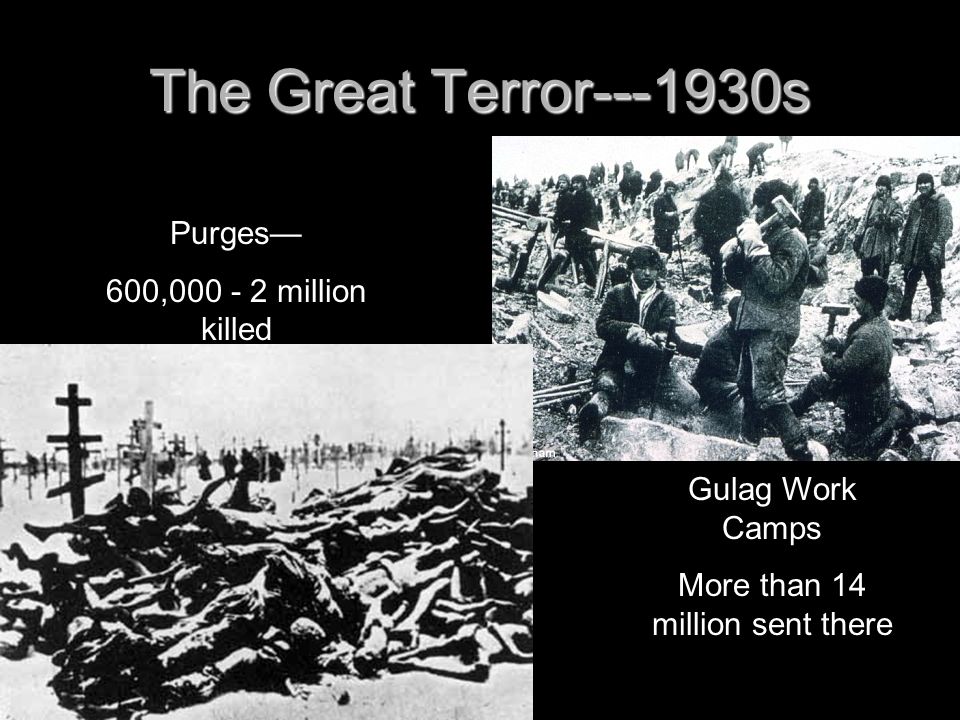
Over the three decades that Stalin ruled, it is estimated that up to 30 million people were executed, starved to death or perished in labor camps.
And Stalinism lives on. Incredibly, it was reported that in this anniversary year a dozen new statues have been erected in Vladimir Putin’s Russia, celebrating Stalin’s achievements.
And not just in Russia. I once visited North Korea’s Palace of Gifts, where a bulletproof railway carriage presented by Stalin to North Korea’s founder Kim Il Sung is the prize exhibit. The Russian despot’s memory and example are equally celebrated in that benighted country’s labor camps, in its purges, executions, its reign of terror and its brazen threats.
And this is to say nothing of the other mass murderers of the 20th century: Mao Zedong of China, Pol Pot of Cambodia, and Adolph Hitler of Germany.
It is always worth reminding ourselves of these horrific acts of barbarism that claimed hundreds of millions of lives as we see new forms of totalitarianism threatening our hollowed-out democracies.
This brings to mind Hilaire Belloc’s “Cautionary Tales for Children” and the story of Jim, eaten by a lion after refusing to stay close to his nurse: “And always keep ahold of nurse for fear of finding something worse.”
As angry voters become increasingly disillusioned with their leaders and institutions, there is a real danger that they will also let go of nurse and find something infinitely worse.
Today’s follies
What Hitler and Stalin failed to do by force of arms we are in grave danger of permitting by enfeebled indifference: a hollowed-out democracy does not flourish. In a form of collective Alzheimer’s disease, we first forget who we are and then angrily try to eliminate the memory and identity of those with whom we disagree.
We have seen crucifixes removed from classrooms; Christian midwives lose their jobs because they refuse to abort a child; universities deny free speech to Christian speakers; political leaders forced from office because they are told their beliefs are incompatible with ascendant angry atheism – like a secular illiberal mirror image of Sharia law.
Symbols and representations of who we are matter. They represent continuity and identity. Winston Churchill knew what he was talking about when he insisted that “[t]o guard and cherish it is our first interest, both spiritually and materially…”
The removal of this framework of commonly celebrated values that underpin our democratic life has other consequences, too.

The Pew Research Center, a renown independent think tank, found that more than eight in 10 people in the world identify with a religious group. When 84 percent of the globe’s inhabitants say they cherish religious beliefs, the liberal elites who govern them need to understand and harness those impulses for the common good – not sideline and denigrate believers.
If a democracy’s religious citizens are actively discriminated against – and even persecuted – the whole society becomes eviscerated. Co-existence and mutual respect are cornerstones of a genuinely free society.
Indeed, without such careful stitchwork, the fabric of society can easily be torn. French philosopher Jacques Maritain understood this when he insisted that Christianity does not need democracy to survive, but democracy needs Christianity if it is to survive.
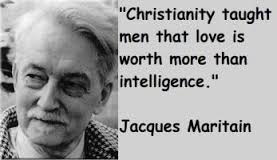
In Integral Humanism, Maritain explored ways in which, in a pluralistic society, Christianity should enter the Public Square to inform and affect political discourse, without which democracy cannot thrive.
His contention that natural rights are rooted in the natural law led to his involvement in the drafting of the 1948 Universal Declaration of Human Rights – a classic example of how a religious dimension is central to how more than three quarters of the planet’s population see the world, and how religious values can enrich and inform.
It used to be said by Britain’s Left that the Christian Methodism of John Wesley (1703-1791) saved Britain from the Marxism of the Communist Party. The masses on whom democracy relies certainly need something more than online gambling, pornography and consumerism.
Democracy that simply depends on who gets the most votes leaves itself open to populism, opportunism, xenophobia, fake news and manipulation – especially in the era of social (or rather antisocial) media and the Twittersphere. But this is not an entirely new phenomenon. In 1933, after all, Adolf Hitler took 43.9 percent of the German popular vote.
Majorities, religion and liberty
An inherent weakness of majoritarianism is that with the adept ability to affect election results through manipulation, fake news, scaremongering, appeals to greed, self-interest and the lowest common denominator, the interests of society as a whole can easily suffer.

It can, as John Stuart Mill (1806-1873) argued in 1859 in On Liberty, lead to oppression by majorities comparable to the oppression of tyrants or despots.
Since ancient times, we have been well aware of the dangers of scaremongering and scapegoating to win popular acclaim. Plato insisted that the uneducated couldn’t possibly be on a par with the intellectuals and that those best qualified to govern were the philosophers and intellectual elites.
Plato’s fear of the masses found an echo in the views of the eighteenth century philosopher Edmund Burke (1729-1797), who said “the tyranny of a multitude is a multiplied tyranny”; in the words of American Founding Father James Madison (1751-1836), who described “the violence of majority faction”; in the 19th century writings of the Whig historian Lord Thomas Macaulay (1800-1859); in Alexis de Tocqueville’s (1805-1859) epochal Democracy in America. And it was the Victorian Liberal historian, Baron John Acton (Lord Acton, 1834-1902), who wrote: “The one pervading evil of democracy is the tyranny of the majority.”
The antidote that tempers the excesses to which this tyranny can lead must surely be the cultivation of virtue and the harnessing of religious faith as a powerful force for good. De Tocqueville understood this when he insisted that “Liberty cannot be established without morality, nor morality without faith.” In observing American democracy, he noted that “[the] Americans combine the notions of religion and liberty so intimately in their minds, that it is impossible to make them conceive of one without the other.”
But as we have disassociated religion and liberty, democracy and faith, we have unstitched the fabric that holds a society together and endangered its future. Too many of our Western elites preen themselves like peacocks while they reject and ridicule the values that offer the best defense against self-serving populism.
It is those timeless values that will save democracy.
Two princes
Consider, finally, this tale of two princes:
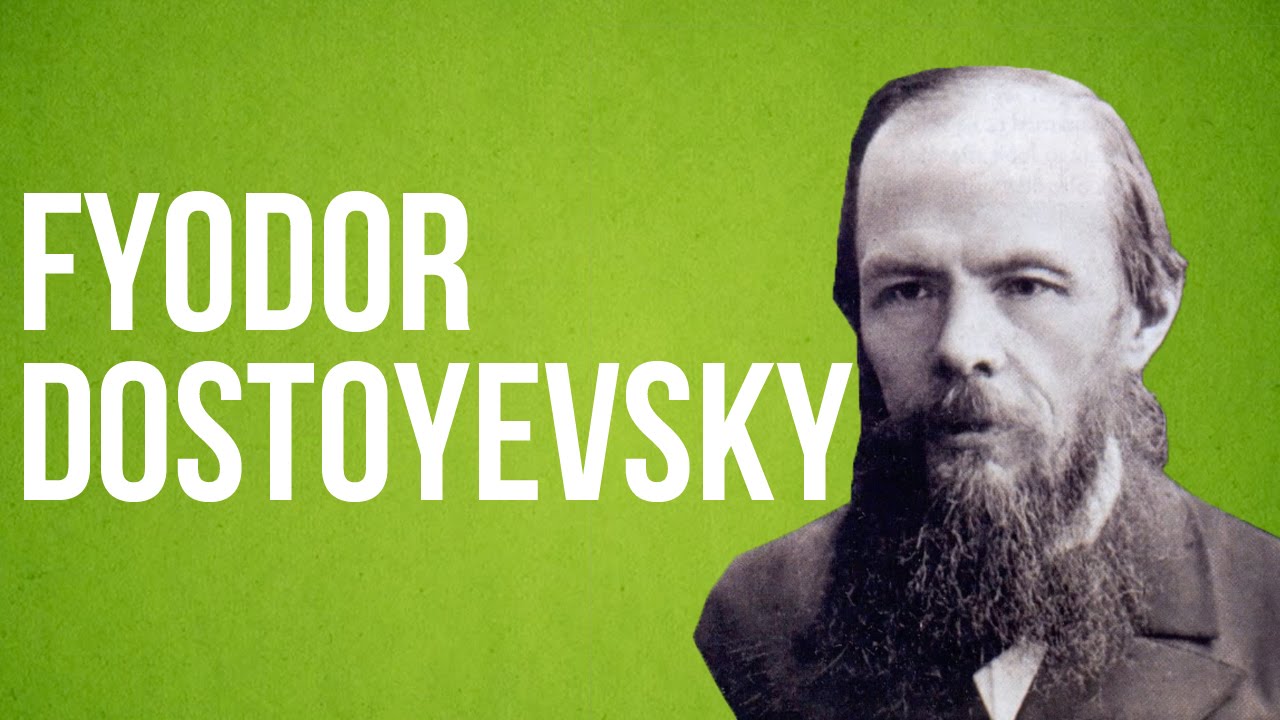
Prince Lev Myshkin, the protagonist of Fyodor Dostoyevsky’s masterpiece novel The Idiot, famously stated that “beauty will save the world.” Aleksandr Solzhenitsyn, the Russian Nobel prizewinning author, put a lot of stock in this particular quote in his 1970 lecture sent to the Nobel Committee.
Contrast the credulous, faith-inspired naivety of this afflicted Russian nobleman with the received wisdom that only power, politics, wealth and weapons will save the world.
Contrast the counterintuitive, gentle and insightful profundity of Prince Myshkin with the shallow, populist rhetoric that saves no one, but puts the world at risk by threatening social order.
Not that Dostoyevsky was suggesting that beauty alone can save the world. The point was rather that when we allow beauty to touch our hearts, our baser instincts can be tempered – which can be true for both individuals and institutions.
In the battlefield that is the heart of man, a small victory occurs when our self-serving is replaced by a love of the common good: giving a life to gain a life.
Through the purity and lack of guile that characterizes Prince Myshkin, Dostoyevsky is telling us that the beauty which will save the world is the love of God; that His beauty must change us if we wish to change our families, our communities and our societies.
This otherworldly view squarely contradicts a more common belief, best summarized in the 16th century by Niccolo Machiavelli: that princes, the antithesis of Myshkin, can justify all means in politics understood as the pursuit of glory, power, prestige and survival.
In The Prince, Machiavelli tells us that the ruler should not hesitate to deceive and be prepared to choose evil as the price of power. The Italian despised many traditional Christian beliefs, turning on their head Christian words such as virtue, believing that real virtue emanated from the pursuit of ambition, glory and power.
This, of course, represented a fundamental break with Aquinas and medieval scholasticism and the Aristotelian belief in the pursuit of virtue.
Aristotle identified the many virtues that enable a person to be a good citizen – and without which the individual and the polis will not thrive.
What was true in ancient Greece is true in Europe today.
If the imperfect system of democracy is to function and survive, there must be a continuous cultivation of virtue and an upholding of those values that enrich and underpin a system that can so easily be subverted.

Also see:

